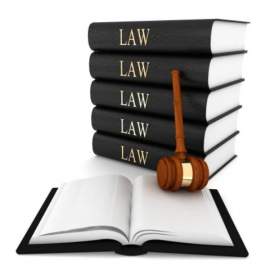
Understanding Duty in Tort Law

The term duty serves two functions, the first would be to supply a basic structure for the various conditions in which liability may come into play, which provide a "general principle" for cases to follow. The next function would be that of "limitation."
This entails setting "limits" or "boundaries" for where individuals may be liable to someone else due to consequential irresponsibility and reckless conduct. Duty as a concept is, then, also eventually employed in two ways: duty at the "abstract level," and "duty in fact or problem." An example of duty in the abstract would be that concerning whether or not a driver must "owe a duty of care to other road users."
In terms of the problem or fact, it would be stated as the other "road user [being] owed a duty" by the driver. A more specific example of duty in the abstract is as follows: Does an owner of a car possess a duty of care to lock their vehicle so as to counteract a thief's attempts to acquire it, thus preventing them from hitting a bystander with it?
This form of "primary liability" must, however, not be confused with "vicarious liability," which specifies that someone other than the "defendant is liable for a tort committed by someone else." In terms of primary liability, the defendants are held accountable "for their own tort failing to control others." Another duty is to that of an attorney as they have a duty of care which they must bestow upon the individuals they represent in legal proceedings.
Now that we have familiarized ourselves with the concept of duty, we must come to the realization that such a duty may also be breached. This can be examine both subjectively and objectively. A subjective view would be that of the defendant bringing the plaintiff toward harm with full knowledge of it.
In contrast, an objective aspect would be a defendant who was ignorant of the potential harm, which any other person with adequate common sense and reasoning would be aware of. In order for such a breach of duty to be pursued against, the plaintiff's lawyer must demonstrate to the court that the actions were directly responsible for the harm that fell upon them.



















